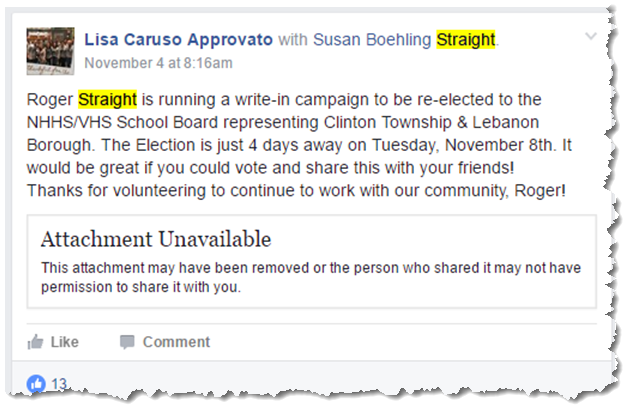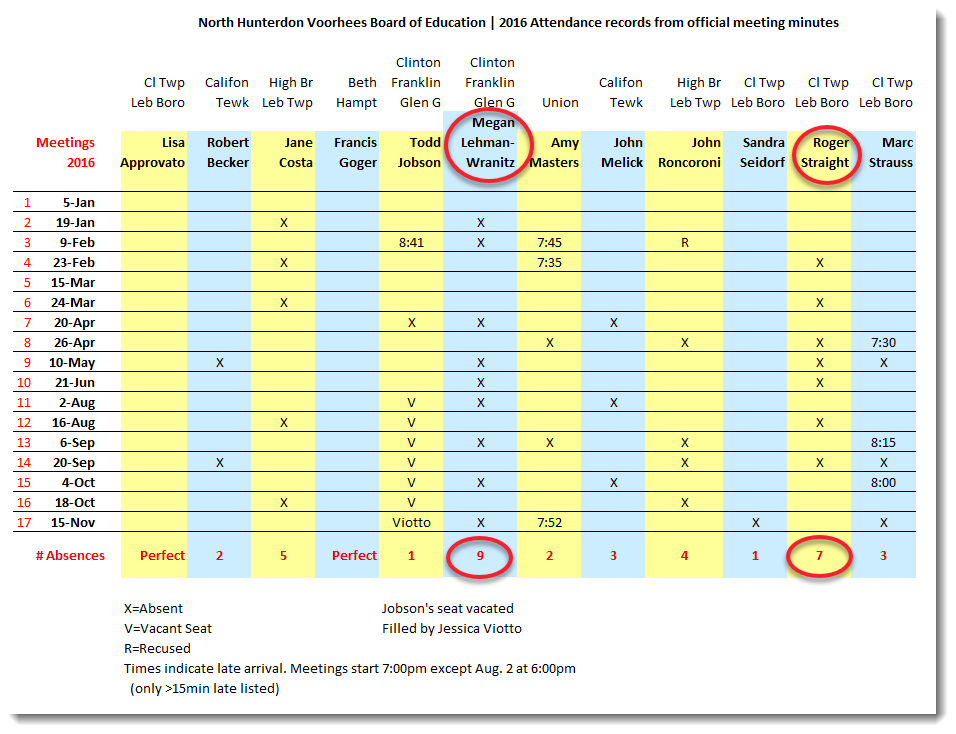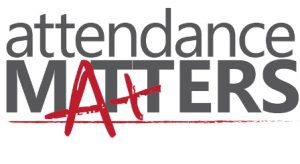In an Oct. 11 article, the Hunterdon Review reports that the administrator recently hired by Mayor John Higgins for Clinton Township, Jesse Landon, was under investigation in Tewksbury Township, “alledgedly… accused of sexual harassment” — during the time Higgins and the Clinton Township Council were hiring him. (Landon worked as Tewksbury’s administrator for over 17 years until April 27 and is shy of retirement and pension by a few years.)
(The Review is available in print, and online only to paid subscribers.)
According to the article, a “special investigation” was conducted by Tewksbury, and a “special investigator’s report…was issued on March 20.” Landon resigned March 24. “Landon was named Clinton Township administrator on Wednesday, March 22.” (See Clinton Township’s RFP for patronage jobs.)
At a Tewksbury Committee meeting
This all came up during a long, packed Committee meeting in Tewksbury on October 10.
The article goes to say:
“[Tewksbury] Township Committeeman Peter Melick [took] 80 pounds worth of personnel records from the township’s municipal building to his business office [on Landon’s last day at work], possibly including the personnel file of Landon, which allegedly should have included a special investigation report on a sexual harassment claim against Landon.”
The Review reports that Nancy Held, a Tewksbury resident, spoke at length during the public comment portion of the meeting:
“[Held] said she heard through speaking with [Tewksbury Deputy Mayor] DiMare that something was missing from Landon’s file [after the files were ordered returned from Melick’s business office at home]. She questioned whether or not the document missing from Landon’s file was a special investigator’s report on the findings of a reported sexual harassment claim from a township employee against Landon. [Tewksbury municipal attorney Michael] Selvaggi immediately said that he and the committee would not comment on this, as that was a personnel file that was ‘entitled to privacy.'”
The Review reports that Deputy Mayor DiMare:
“said no committee members except Melick and…Shaun Van Doren, who was not present at Tuesday’s meeting, knew about it, as Melick had spoken to both Van Doren and Selvaggi about the situation.”
(At an earlier Tewksbury meeting, May 16, Van Doren admitted his role in the removal of all the Tewksbury personnel files, and said, “In hindsight was it the appropriate thing to do? No it wasn’t. It came out of the conversation that occurred, there wasn’t any intent, there wasn’t anything nefarious.”)
Clinton Township
The Review reports:
“… (former Clinton Township Mayor) Nick Corcodilos then laid out that he was concerned because Tewksbury had taken no action after an investigation was completed and then Landon was hired by his own Clinton Township.
“‘In the middle of this whole thing, and here’s where I do take issue with this township [Tewksbury], what we have here was apparently a serious matter being investigated and no action was taken by this committee in respect to Mr. Landon and whatever the outcome of this investigation was,’ said Corcodilos.
“There’s an investigation, he quits in the middle of it all and then he removes all of the records from the building. That smells really bad and I put that on Tewksbury Township…
“‘So what it starts looking like to me, out in the rest of the world, we have an errant minister or priest being investigated by a church and quietly shuffled off to another town before there is any conclusion about what happened. The next town gets the person and they have to deal with it; I don’t know whether he’s guilty or no, and the serious problem is we don’t know.'”
Resident says attorney gave “bad advice”
The Review reported that:
“Resident Robert Becker then acknowledged that Township Clerk Roberta Brassard is legally the ‘custodian of records’ in the township and that Selvaggi gave Melick ‘bad advice’ by allowing him to take any of the files at all, because they were Brassard’s responsibility by statute. Becker said he believed this ‘exposed’ Melick and the township.”
Becker, currently a member of the NHVSD school board, is running for Tewksbury Committee in November.
Tewksbury Committee member Shaun Van Doren is running for Hunterdon Freeholder on the ballot in November. Mayor John Higgins is running for re-election in Clinton Township on the ballot in November. Both are Republicans.
Mayor Higgins said on September 22 that, during the hiring process, Clinton Township Council President Brian Mullay checked Landon’s references by contacting Tewksbury Committeeman Shaun Van Doren. But Mullay then recused himself from the vote when Landon was hired.
According to Tewksbury public records, Landon was represented in Tewksbury during the “special investigation” by Joseph Tauriello, an attorney from the same law firm that represents Clinton Township.
: :




 Suppose you didn’t show up for work 40%-50% of the time last year. Think your boss would fire you?
Suppose you didn’t show up for work 40%-50% of the time last year. Think your boss would fire you?

 Megan Lehman-Wranitz: ABSENT
Megan Lehman-Wranitz: ABSENT
 If you pay taxes in the Town of Clinton, Franklin Township, Glen Gardner, Clinton Township or Lebanon Borough, did you know your representatives weren’t showing up last year?
If you pay taxes in the Town of Clinton, Franklin Township, Glen Gardner, Clinton Township or Lebanon Borough, did you know your representatives weren’t showing up last year? Let’s keep it quiet
Let’s keep it quiet










